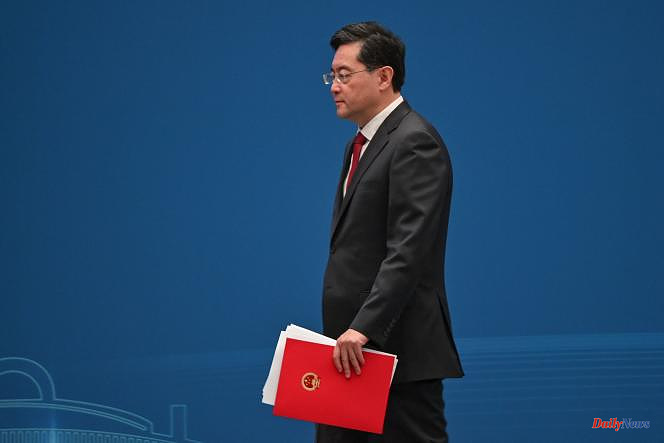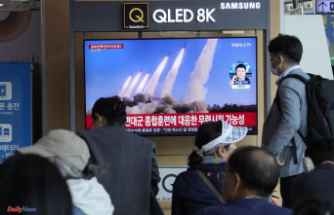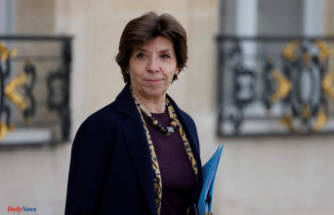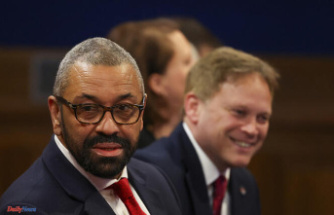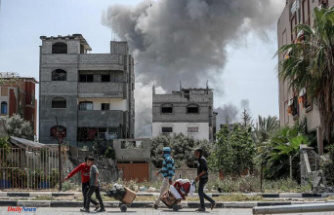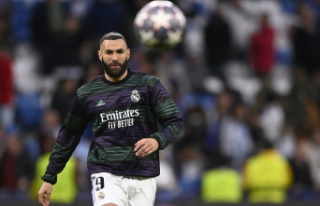Chinese Foreign Minister Qin Gang begins a visit to Europe on Monday May 8, which will take him successively to Germany, France and Norway, his ministry announced.
China, which presents itself as a neutral interlocutor in the conflict in Ukraine despite its proximity to Russia, published a twelve-point document in February outlining its position on the conflict. The initiative, sometimes seen as a peace plan, notably urges Moscow and kyiv to hold talks.
A long-awaited call in late April between Chinese President Xi Jinping and his Ukrainian counterpart Volodymyr Zelensky, the first since the start of Russia's offensive in Ukraine on February 24, 2022, fueled the hope of progress on this point.
Tensions with the United States
This visit scheduled until Friday comes at a time when China is seeking to get closer to Europe in a context of tensions with the United States, and intends to play a mediating role in the war in Ukraine.
Qin Gang will meet with his German counterpart, Annalena Baerbock, as well as with the head of French diplomacy, Catherine Colonna, and the Norwegian foreign minister, Anniken Huitfeldt, said a spokesman for Chinese diplomacy, Wang. Wenbin. No details were given as to the topics that will be discussed during this trip.
During an official visit to China in April, French President Emmanuel Macron called on his Chinese counterpart, Xi Jinping, to "bring Russia to its senses" vis-à-vis Ukraine. Xi Jinping, who visited Moscow in March, has close ties with Russian President Vladimir Putin.
China, which has not publicly condemned the war in Ukraine, has greatly increased its political and economic cooperation with Russia in recent months.
Controversial statements
The visit of the Chinese minister also takes place after controversial statements, at the end of April, of the Chinese ambassador to France, Lu Shaye. The ambassador had questioned the belonging to Ukraine of the Crimean peninsula, occupied by Moscow since 2014.
“It depends on how one perceives this problem. There is the story. Crimea was at the very beginning to Russia. It was Khrushchev who offered Crimea to Ukraine during the Soviet Union era,” the diplomat said. He continued his argument, saying that the countries of the former USSR "do not have effective status in international law because there is no international agreement to concretize their status as sovereign countries".
These remarks had provoked an outcry in the States concerned. Paris then called on the Chinese ambassador "to use his public speech in accordance with the official positions of his country".
Distancing himself from the remarks of the diplomat stationed in the French capital, the spokesperson for the Chinese Ministry of Foreign Affairs, Mao Ning, then assured that China "respects the sovereignty, independence and territorial integrity of all the countries ".

